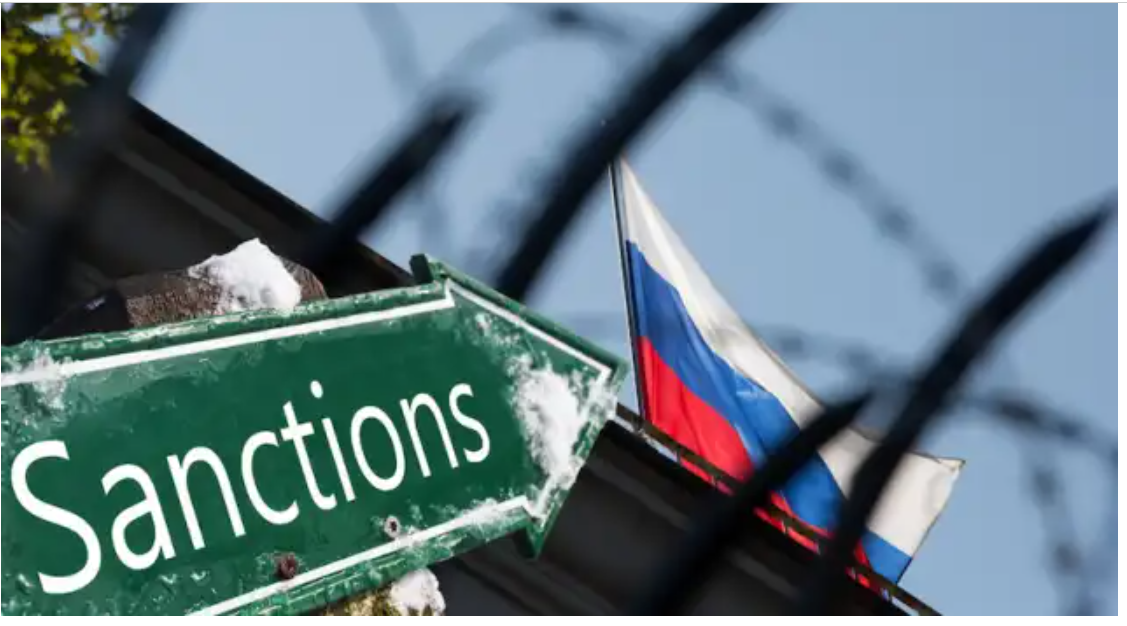The European Union and Turkey are set to form a working group in order to overcome tensions between the sides caused by Russia sanctions, Deutsche Welle Turkish reported on Saturday.
The joint effort will seek too minimalize the risk of the evasion of sanctions imposed on Moscow via Turkey, it said, while circumventing possible future problems in the economic ties between Ankara the bloc, and the EU Customs Union
The EU has applied eight rounds of sanctions against Russia more than seven months into the Kremlin’s war in Ukraine.
NATO member and EU hopeful Turkey has denounced Russia’s offensive against Ukraine, but unlike most other NATO and EU member nations, has stopped short of slapping punitive measures on Moscow and is seeking to mediate between the two warring sides in the hope of brokering a peace deal or a ceasefire.
Intensifying economic ties between Moscow and Ankara amid the ongoing war in Ukraine, is sparking fear among Western states, which are warning of the mounting risk of Ankara facing potential punitive retaliation if it assists Moscow in avoiding sanctions.
WATCH: Turkey Is Facing Sanctions Again
The EU earlier this week expressed concern about Ankara’s continued policy of non-alignment with restrictive measures against Russia and strengthened trade and financial relations with Moscow.
“Ankara’s continued policy of not joining restrictive measures against Russia is worrisome because of the free movement of products, including dual-use goods, within the customs union between the EU and Turkey,” the European Enlargement Commissioner Oliver Varhelyi said on Wednesday.
Mairead McGuinness, the EU’s financial services commissioner, during a visit to Turkey earlier this week, stressed the issue of Russia sanctions with Turkish officials, DW Turkish said.
Turkey opened accession talks with the EU in 2005, pledging to strengthen its democracy, guarantee rule of law and match regulations governing the economy with those of the 27-member bloc. But the union froze talks on the chapters of Turkey’s accession following a military coup attempt in 2016, when it strayed further from Europe’s democratic standards.
Follow our English language YouTube videos @ REAL TURKEY: https://www.youtube.com/channel/UCKpFJB4GFiNkhmpVZQ_d9Rg
And content at Twitter: @AtillaEng
Facebook: Real Turkey Channel: https://www.facebook.com/realturkeychannel/
